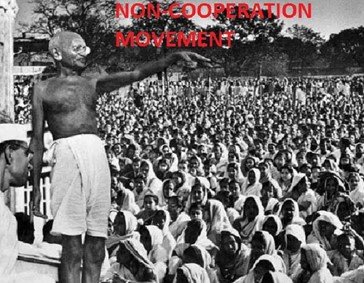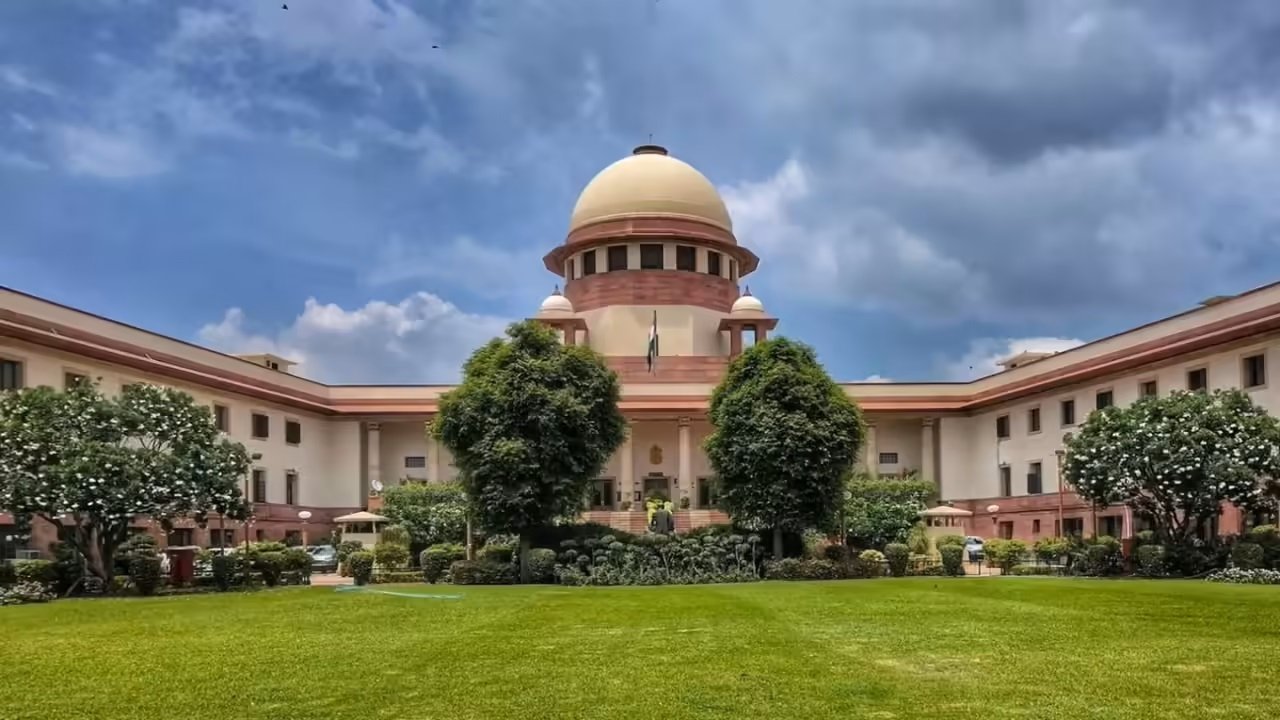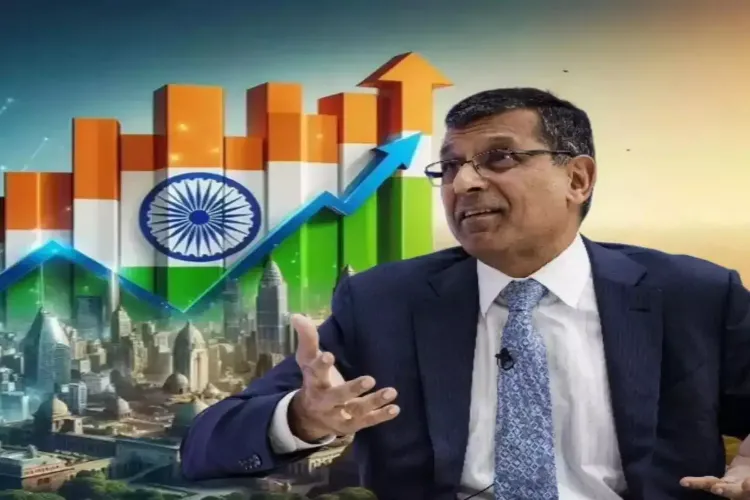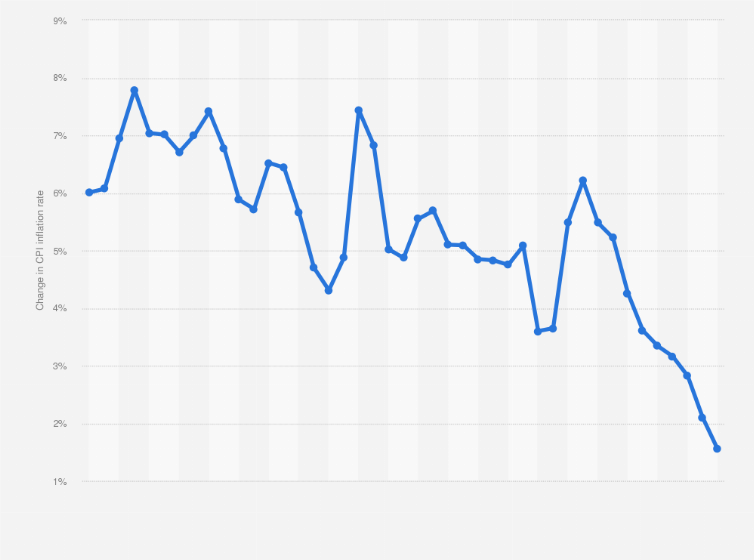Introduction
Mass Movements: In 1919-1922, to oppose the British rule in India, two mass movements were organized namely the Khilafat movement, and the Non-Cooperation movement. Despite having different issues, these movements adopted a unified plan of action of non-violence and non-cooperation. During that time, the unification of Congress and the Muslim League took place. Both parties jointly protested many times over a range of issues.
Causes of the Movements:
- Government Hostilities: The brutal and uncivilized face of foreign rule was exposed by the Rowlatt Act, the imposition of martial law in Punjab, and the Jallianwalla Bagh massacre. The atrocities committed by the Hunter Commission in Punjab were one of the best instances for eyewash. The action of General Dyer was appreciated and endorsed by The House of Lords.
- Discontentment among Indians: The Montagu-Chelmsford Reforms with having an ill-intentioned scheme of Dyarchy were unable to fulfill the rising demand of the Indians for self-government.
- Economic Hardships: After the First World War, the economic situation of the country turned out to be worst due to the rise of the prices of commodities, reduced production of Indian industries, increased burden of taxes and rents etc. Every section of the society suffered economic hardship because of the war and this inculcated hatred against the British rule.
- Khilafat (Caliphate) Issue
- Alliance of Turkey against the British: The sultan of Turkey, Khalifa (Caliph) was regarded as their spiritual leader by the Muslims all over the world, including India. Turkey had allied with Germany and Austria against the British during the First World War.
- Discontented Indian Muslims: During the First World War, the Indian Muslims supported the government due to having the belief that the sacred places of the Ottoman Empire would be in the hands of Khalifa. But Turkey was dismembered, the Khalifa was removed from power, the Ottoman Empire was divided, after the War. It resulted in Muslims in high anger who considered it as an insult to the Khalifa. Shoukat Ali, and Mohammad Ali popularly known as the Ali brothers, launched the Khilafat Movement against the British government. This movement took place between 1919 to 1924.
Khilafat Committee: To force the British Government to change its attitude to Turkey, in early 1919, the All-India Khilafat Committee was formed under the leadership of the Ali brothers, Ajmal Khan, Maulana Abul Kalam Azad, and Hasrat Mohani that prepared the grounds for a country-wide agitation. In November 1919, to boycott British goods, the call was made through an All-India Khilafat Conference that was held in Delhi.
Demands of Indian Muslims
- Control of Khalifa over sacred places of the Muslims should be retained.
- Sufficient territories after territorial arrangements should be left with The Khalifa
Initial Response of Congress
- The Congress was not united on this form of political action, although Mahatma Gandhi was in favour of launching Satyagraha and non-cooperation against the Government on the Khilafat issue.
- Later, the Congress, realized that it was a golden opportunity to unite the Hindus and Muslims and to bring Muslim participation in such mass movements. On this issue, the Muslim League also decided to extend its full support to the Congress and its agitation on political questions.
The Non-Cooperation Khilafat Movement
- Beginning of the NCM Movement: It was the beginning point of launching the Gandhian Style of Movement against the British. In 1915, Mahatma Gandhi came back to India and started organizing the peasants’ and laborers’ protests, like Champaran, Kheda, and Ahmedabad, against the atrocities of the British.
- Beginning of Non-Cooperation: By observing the Jallianwala Bagh Massacre and the denial of justice, Gandhi thought that “the only effective means to take back the national honour and prevention a repetition of the wrongs in future is the establishment of Swaraj”. Consequently, on 1st August 1919, the non-cooperation campaign was launched by Mahatma Gandhi. The Movement was initiated in support of the Khilafat Movement.
Activities during the Movement:
- Boycott of British Titles and Goods: To abandon British titles and honours, boycotting of the British Courts, Legislatures and educational institutions as well as the boycott of foreign-made goods were the main components of this movement. People burnt the foreign clothes publicly to show their vehement protests. Resultantly, the imports of foreign cloth drastically came down between 1920 and 1922.
- Promotion of Swadeshi: It also promoted the Swadeshi goods particularly hand-spun and hand-woven Khadi clothes, the promotion of Hindu-Muslim unity, the removal of untouchability, and the abstention of alcoholic beverages. Charkha became a household article.
- Spread of Non-violence Message: On that day as a mark of their support to Gandhi and as antipathy towards the Government, millions of the countrymen stopped their work. Along with Ali-brothers, Gandhi extensively toured to send the message of national unity and non-cooperation with the government.
People’s Response to the Movement
- Students: Thousands of students left their colleges and schools established by the Government and joined the movement in large numbers.
- Middle-Class People: Initially, they lead the movement but later showed a lot of reservations about Gandhi’s program.
- Businessmen: Indian business groups supported this movement because Indian industries received a major boost because of the emphasis of nationalists on the use of Swadeshi.
- Peasants: Farmers participated in this movement at a mass level. It proffered a unique opportunity to the common masses to show their real feelings against the British as well as their Indian masters and oppressors.
- Women: By giving up purdah and offering their ornaments for the Tilak Fund, women participated in large numbers. By protesting before the shops selling foreign cloth and liquor women actively participated in this movement. After one year of the beginning of the Non-Cooperation Movement, the Tilak Swaraj Fund was announced by Mahatma Gandhi. It was a tribute to Bal Gangadhar Tilak on his first death anniversary with an aim of collecting Rs 1 crore to support India’s freedom struggle and resistance to British rule.
Government’s Response
- The police opened the fire on the protesters which took the lives of a number of people.
- British Government declared Congress and Khilafat Volunteer Organizations unlawful and illegal
- Most of the leaders barring Gandhi were arrested and Public meetings were banned.
Important Personalities Involved: Renowned persons such as Vallabhbhai Patel, Gopabandhu Das, C Rajgopalachari, Ajmal Khan, Subhash Chandra Bose and Jawaharlal Nehru joined the movement. By giving up their legal profession, Motilal Nehru and Chitranjan Das also joined the movement.
Withdrawal of Non-Cooperation Movement: Twenty-two policemen were brutally killed by the violent mob after the conflict between the mob and the policemen of the Thana in 4th February 1922, at Chauri Chaura, Uttar Pradesh. Gandhi ji immediately announced the withdrawal of the movement due to this violence.
- Most of the nationalist leaders including C.R. Das, Motilal Nehru, Subhash Bose, and Jawaharlal Nehru expressed their disagreement with Gandhi’s decision to withdraw the movement.
- Gandhi was arrested and sentenced to six years in jail in March 1922.
Causes of Failure of the Movement
- No Negotiations by Government: It was not possible to sustain any movement at a high pitch for very long the movement began showing signs of fatigue. By viewing the weakening of this movement, the government did not show any intention for negotiations.
- Loss of Relevance of Khilafat Issue: The Khilafat issue which is the central theme of the agitation dissipated soon. The people of Turkey rose under Mustafa Kamal Pasha and deprived the Sultan of political power in November 1922. Turkey was made a secular state. A European style of legal system was established in Turkey and extensive rights were granted to women. Modern agriculture and industries were developed and education was nationalized. The Khilafat was abolished in 1924.
- Lack of Active Response: The response to Gandhi’s call was very limited in places such as Calcutta, Bombay and Madras which were centres of elite politicians. The response to the call for resignation from the government service, surrendering of titles, etc., was not taken seriously.
- Frequent Cases of Violence: The Chauri-Chaura incident marred the spirit of the movement leading to the withdrawal of the Non-Cooperation movement. People did not understand the method of non-violence.
Impact of Non-Cooperation Movement
- Creating Unity among Indians: As a consequence, it unified the different sections of the society due to the grievances against the British. It also demonstrated Gandhi an unchallenged leader of the century. It provided enough space to cement Hindu-Muslim unity though the Khilafat issue did not directly connect to Indian politics Though the Khilafat issue was not directly connected to Indian
- Impacts on the Economic Front: In many places merchants and traders refused to trade in foreign goods or finance foreign trade. Foreign goods were boycotted and the import of foreign cloth halved between 1921 and 1922.
- Maximum Extent of the Movement: Nationalist sentiments reached every nook and corner of the country and politicized every strata of the population: the artisans, peasants, students, urban poor, women, traders with the launch of Non-Cooperation Movement
- Establishment of Swaraj and Swadeshi Institutions: It gave birth to the strongest idea of having Swaraj, the love for the use of Khadi and becoming a Swadeshi. National institutions like Gujarat Vidyapith, Kashi Vidyapith, Bihar Vidyapitha, the Bengal National University, Jamia Milia Islamia and the National Muslim University were established.
Outcome of the Movement:
- It brought urban Muslims into the national movement but it provided the tinge of communalism to the national politics.
- The national leaders failed to enhance the religious political consciousness of the Muslims to the level of the secular political consciousness.
Some Important Events
- In May 1920, The Treaty of Sevres with Turkey was signed which completely dismembered Turkey. An all-party conference at Allahabad approved a program of boycott of schools, colleges and law courts, and asked Mahatma Gandhi to lead it in June 1920.
- The Khilafat Committee started a campaign of non-cooperation and the movement was formally launched on August 31, 1920
- Congress approved a non-cooperation program till the Punjab and Khilafat wrongs were removed and swaraj was established in September 1920, at a special session in Calcutta.
- At the Nagpur session of the Indian National Congress; the program of non-cooperation was endorsed in December 1920.
- A Congress Working Committee (CWC) of 15 members was set up to lead the Congress from now onwards as some important organizational changes were made to continue the activities of NCM.





